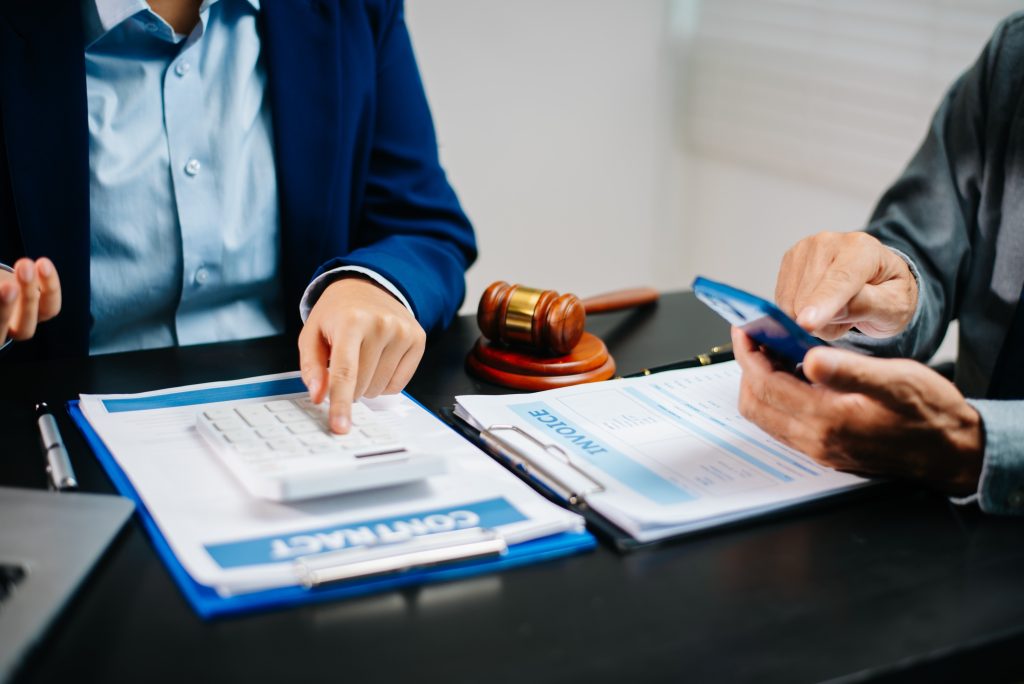Introduction
For small and medium-sized enterprises (SMEs), few things are more frustrating than chasing a client for payment only to discover the invoice is being disputed. Whether it’s a disagreement over deliverables, pricing, or quality, disputes can quickly become personal and emotionally charged.
But here’s the challenge: as an SME, every relationship counts. Burning bridges can mean lost revenue, damaged reputation, and missed referrals. The solution? Handling invoice disputes in a way that protects both your cash flow and your commercial relationships.
In this blog, we’ll walk through practical strategies to help SMEs navigate invoice disputes with professionalism. We’ll also highlight how Pre-Legal Debt Recovery services like those offered by Legal Recoveries & Collections (LRC) can support you in resolving issues without escalating unnecessarily.
Why Do Invoices Get Disputed?
Invoice disputes can arise from a range of common issues:
- Inaccurate invoicing – errors in amounts, incorrect details, or missed VAT
- Unclear terms – misunderstandings around delivery dates, scope of work, or payment deadlines
- Quality or satisfaction concerns – the client claims the work was substandard
- Lack of documentation – no written agreement or proof of service delivery
- Financial difficulties – the dispute is a delay tactic due to cash flow issues
The first step to resolution is understanding the root cause. Once you’ve identified the issue, you can take steps to resolve it objectively.
How to Respond to a Disputed Invoice Professionally
When a client disputes an invoice, it’s essential to avoid confrontation. Instead, respond with clarity, professionalism, and a willingness to resolve the issue.
Key steps include:
- Acknowledge their concern in writing and express a desire to resolve it fairly
- Attach relevant documentation such as contracts, quotes, delivery records or signed-off work
- Offer to discuss the issue over the phone or in a short meeting
- Summarise your understanding of the agreement and reiterate your terms politely
This opens up constructive dialogue and avoids aggressive tactics that might sour the relationship.
The Role of Pre-Legal Debt Recovery
When internal attempts to resolve the dispute are unsuccessful, it’s time to consider professional support. Pre-Legal Debt Recovery services offer an ideal middle ground between inaction and formal legal proceedings.
At LRC, we help SMEs recover debts by:
- Contacting the debtor professionally on your behalf
- Reviewing the dispute and offering a neutral perspective
- Encouraging resolution without immediately resorting to court action
- Preserving the relationship through courteous communication
Our involvement can prompt a client to engage more seriously simply because it shows you’re taking the matter seriously, without jumping straight to legal threats.
How to Protect Client Relationships While Resolving Payment Issues
Maintaining trust is crucial during debt discussions. Here’s how SMEs can protect their relationships even when things go wrong:
- Stay calm and fact-based – don’t make it personal
- Avoid public pressure (e.g., negative reviews or social media complaints)
- Give them space to explain – they may have a valid reason
- Work toward compromise – part-payment or payment plan options may be preferable to non-payment
- Let a third party (like LRC) mediate – this removes emotional tension
Remember, your goal is recovery and retention. How you handle the dispute may determine whether the client returns in future.
Preventing Invoice Disputes in the Future
The best way to deal with invoice disputes is to prevent them altogether. SMEs can reduce risk by tightening internal processes, including:
✅ Clear Contractual Agreements
Always outline the scope, timelines, fees, and payment terms in writing. Make sure both parties sign the agreement.
✅ Detailed and Transparent Invoicing
List each service or product, break down costs, and reference purchase orders or project codes.
✅ Confirm Delivery & Acceptance
Send proof of delivery, request written approval, and follow up after completion to ensure satisfaction.
✅ Prompt Communication
If a payment is overdue, follow up quickly with a polite reminder. The earlier you engage, the better your chances of a smooth resolution.
✅ Use Credit Control Support
LRC’s Credit Control Services can help automate reminders, monitor ageing debts, and improve cash flow without straining your in-house resources.
When to Escalate to Legal Action
Legal action should always be a last resort, but in some cases it may be necessary especially when:
- The debtor is unresponsive despite multiple attempts
- There’s clear evidence the debt is valid
- The amount justifies the cost of enforcement
- Your business has suffered financially due to the delay
At LRC, our Legal Recoveries & Enforcement team can guide you from initial advice to formal court proceedings, all managed in-house for efficiency and transparency.
Let LRC Support Your SME
Invoice disputes are more than a financial inconvenience—they can affect your business’s stability and reputation. With the right support, you can recover debts efficiently while still protecting your client relationships.
Legal Recoveries & Collections has helped hundreds of SMEs handle disputed invoices using a firm but fair approach. Our Pre-Legal Debt Recovery specialists understand the importance of tact, timing, and professionalism.
Want to recover what you’re owed without damaging business relationships?
Contact LRC today to learn how our Pre-Legal Debt Recovery service can support your SME.
Frequently Asked Questions (FAQs)
1. What should I do if a client disputes an invoice for vague reasons?
Request specifics in writing and supply all documentation. Invite the client to a call or meeting to discuss the issue openly.
2. Can I charge interest on disputed invoices?
Yes ,under the Late Payment of Commercial Debts (Interest) Act, you may be entitled to interest and compensation. However, applying these charges may escalate the situation, so consider this carefully.
3. How long should I try to resolve the issue internally before involving a debt recovery firm?
If the dispute has gone unresolved after 14–30 days and your client is uncooperative, it’s time to involve a pre-legal recovery partner like LRC.
4. Will using a debt recovery firm damage my reputation?
Not with the right provider. LRC uses a professional, diplomatic approach to protect your brand and relationships while securing payment.
5. How do I know if the dispute is genuine or just a delay tactic?
Look for patterns: vague responses, refusal to provide evidence, or sudden disputes after reminders may indicate stalling. LRC can help assess the situation objectively.
6. Can LRC help if I don’t have a formal contract in place?
Yes. While a contract strengthens your case, we can still pursue recovery using invoices, emails, delivery notes, and other supporting documents.
7. What if I want to recover the debt but continue working with the client?
This is where Pre-Legal Debt Recovery shines. LRC acts as a neutral third party, helping to resolve the issue professionally so that the relationship can continue intact.




